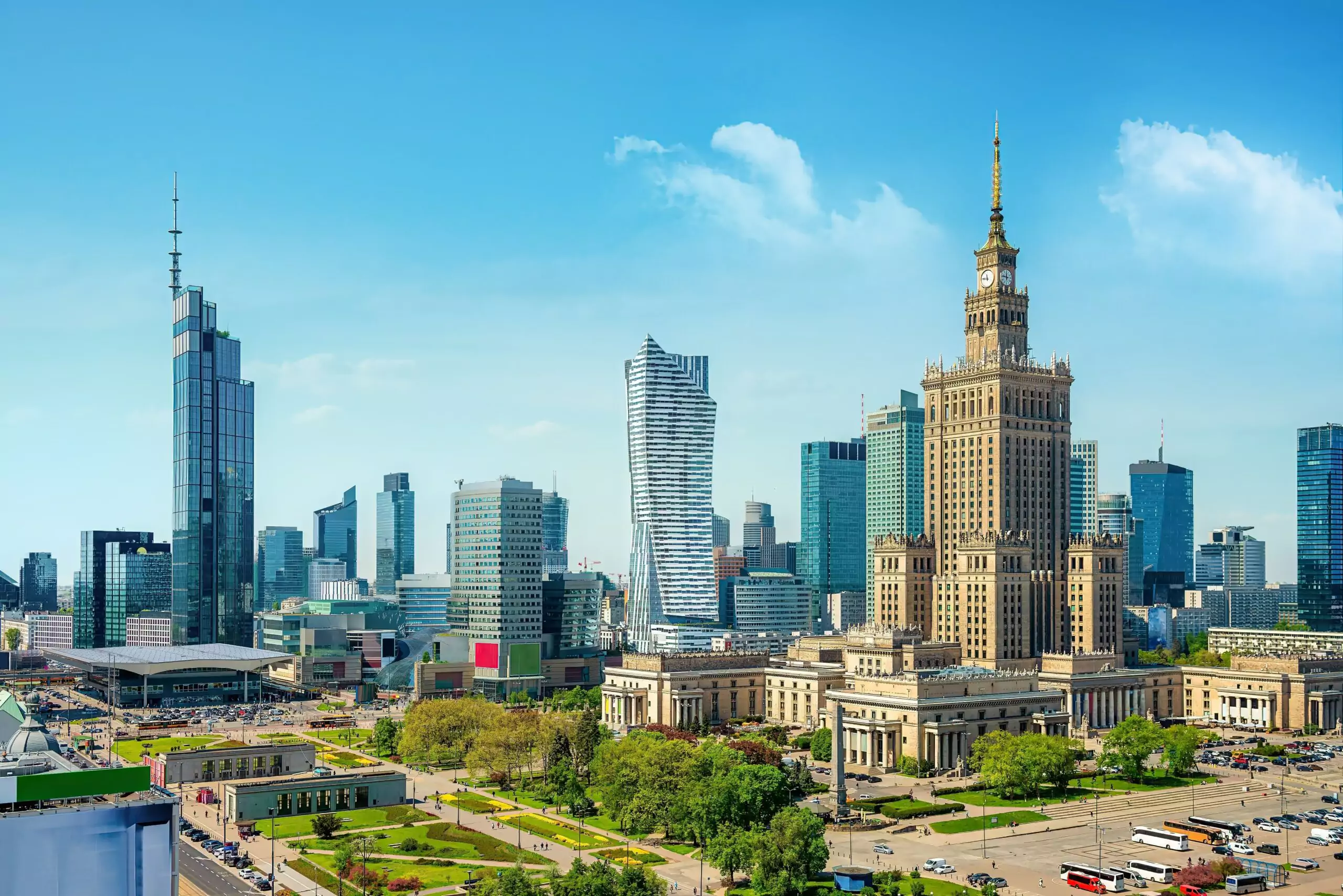Speakers
Objectives
The green and digital transitions require considerable investment. The EIB Investment report 2022/2023 underlined that investments to limit climate change are increasing but are still well below what is needed to meet Europe’s target of net-zero emissions by 2050 (around 500 billion per year between 2020 and 2030).
A recent study by Trendeo, Five, McKinsey & Company and the institute for reindustrialization shows the distribution of investment by regions and highlights that despite its significant efforts, the EU struggles to convince investors to invest on its territory. According to this study, investments in the US have grown 4% over the period running from July 2022 to June 2023, amounting to $309 bn. This is undoubtedly mainly due to the Inflation Reduction Act (IRA). By contrast, investments recorded in Europe between July 2022 and June 2023 stood at -25%; this figure even reached -38% in the European Union, which questions the performance of NGEU, other EU plans and the effectiveness of Member States’ public spendings.
This plenary session will assess the main reasons why Europe’s action plans are not game changers for boosting productive investment in Europe. Then the panel will focus on the main priorities to address the obstacles to the development of productive investment.
Points of discussion
- At this stage, the public spending of the large Member States (Germany, France), the implementation of NGEU (July 2020) and Europe’s response to the IRA (August 2022) have somewhat failed to boost productive investments in Europe, unlike in the United States. This is particularly true in Italy and Spain which are the main beneficiaries of the European recovery plan: Why are the European action plans not a “game changer” for boosting productive investment, and what measures could improve their effectiveness?
- What reforms are needed to promote the development of medium- and long-term investments in Europe?
